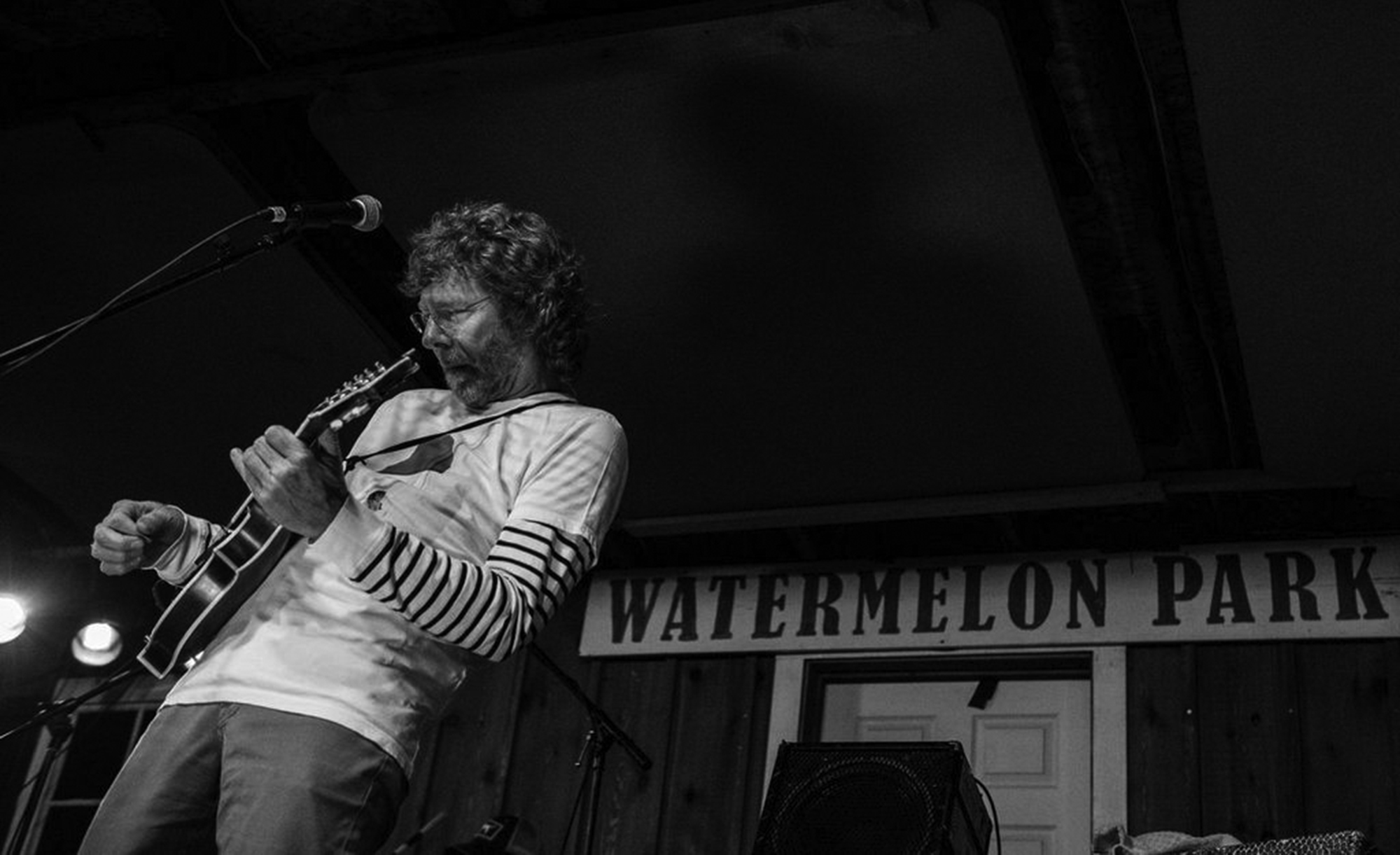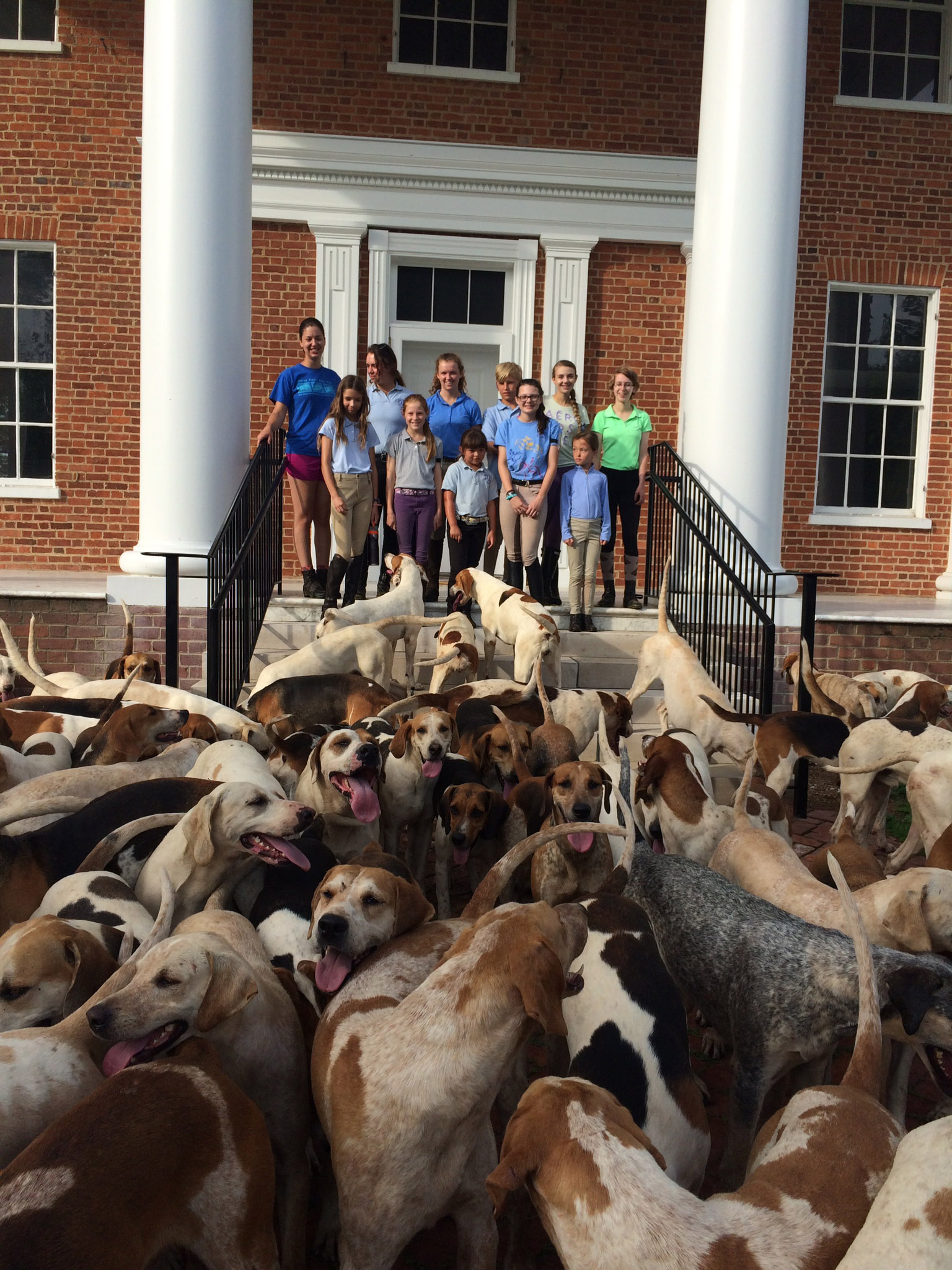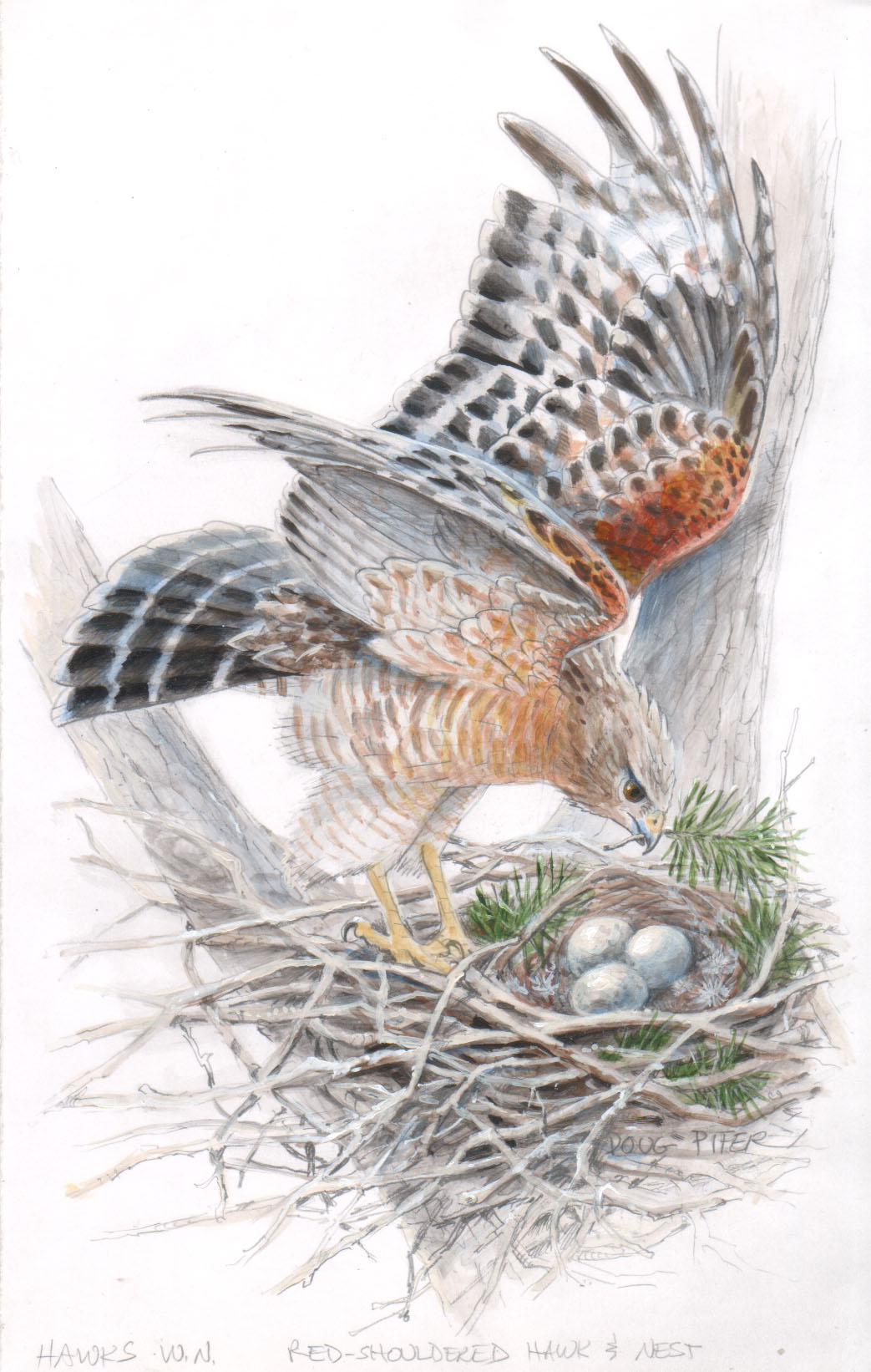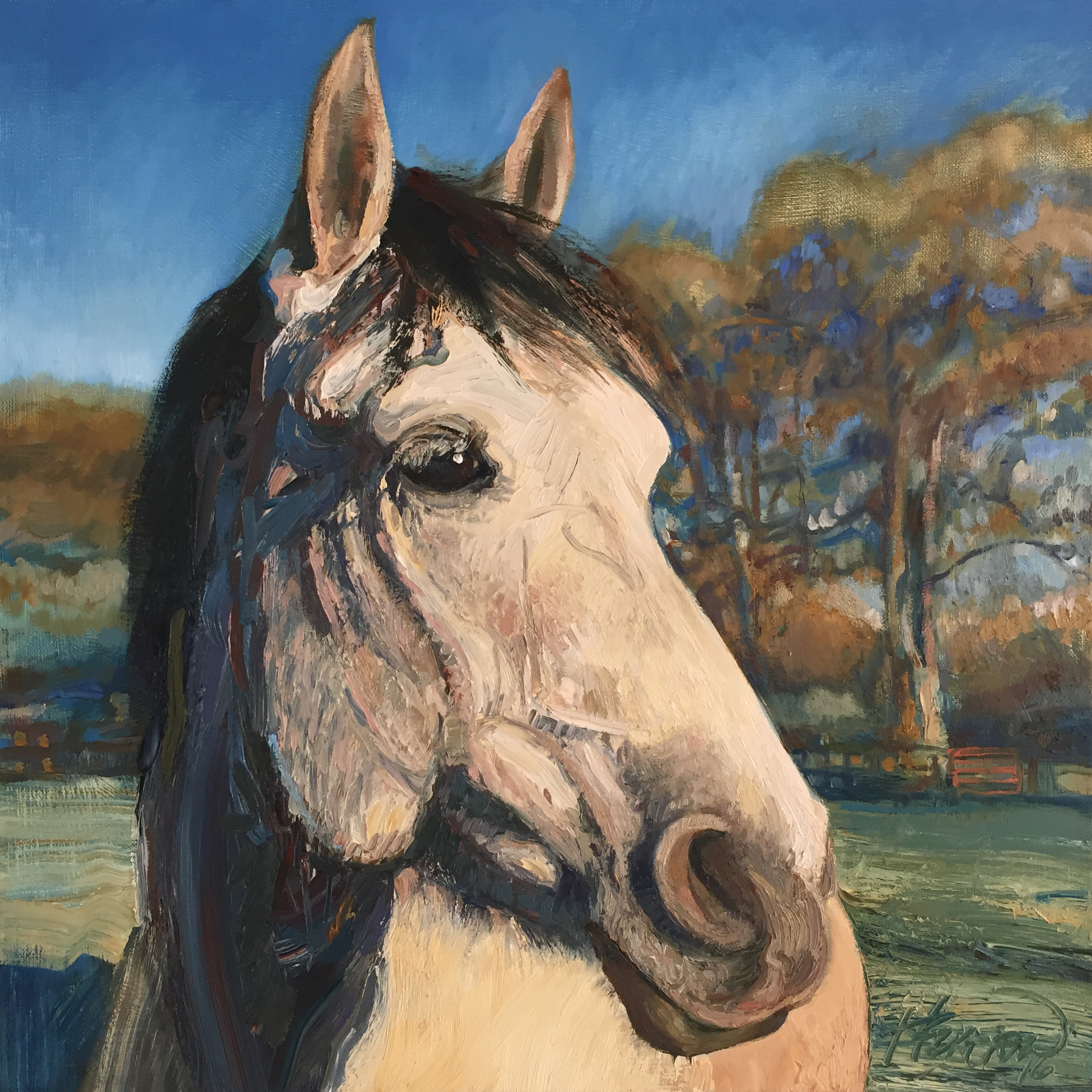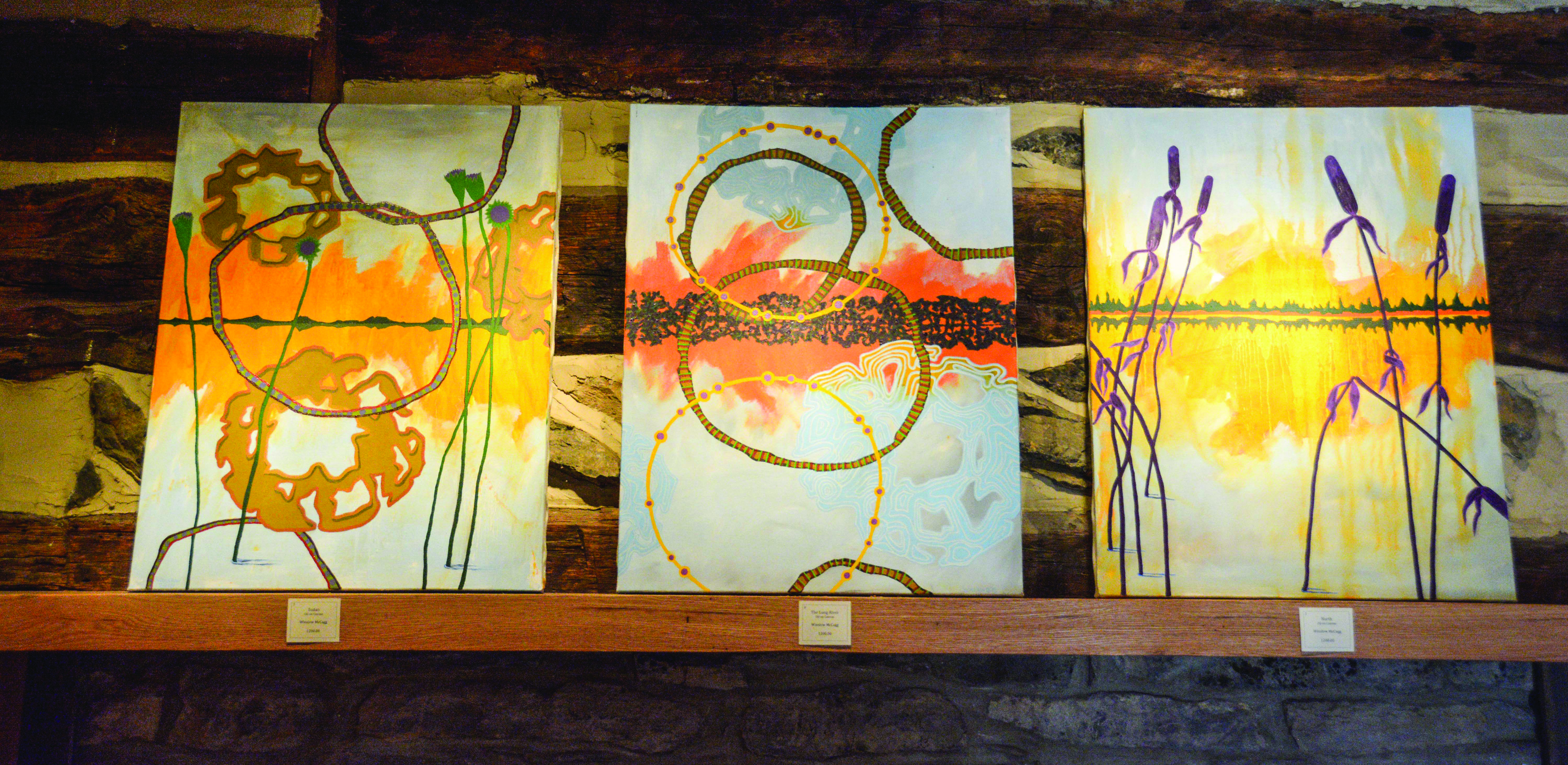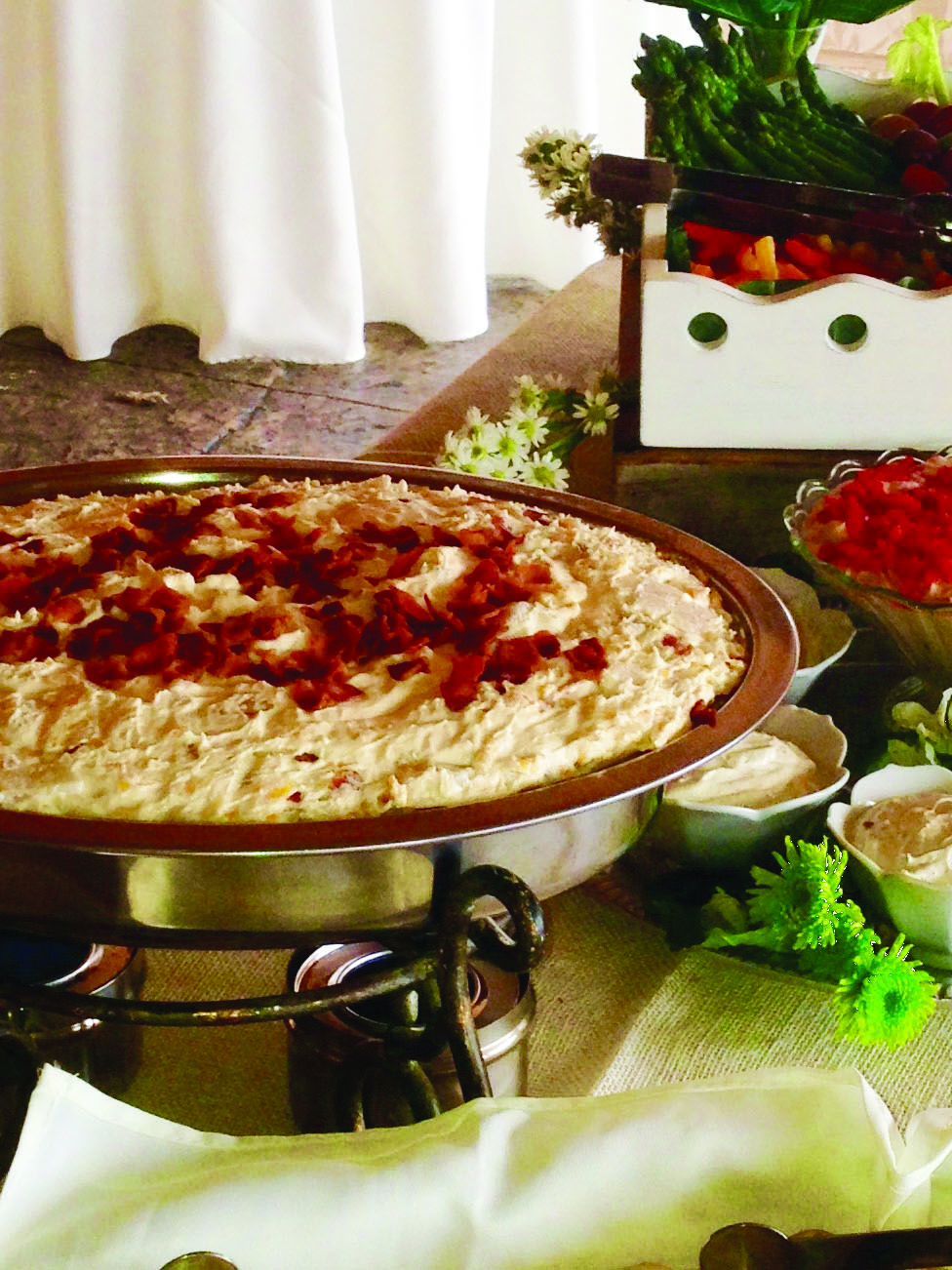At Watermelon Park With Sam Bush
By Steve Chase
There is a good vibe when you walk through the camping area at Watermelon Park. It is a group serenity that is framed by the smells of woodsmoke and BBQ; the bright assemblies of tents and trailers; and the camp music that flows through the fields in harmony with the Shenandoah, which runs past the eastern boundary of the place. In the background comes the sound of the stage acts, and kids playing ball or swimming in the river. It really has to be experienced, and it is pure Americana.
I had the chance to chat with the great Sam Bush (www.sambush.com) on the last day of the Watermelon Park Fest after he had performed to a packed workshop of fans. He was part of a mandolin trio made up of Leftover Salmon’s Drew Emmitt and local favorite Danny Knicely (www.dannyknicely.com).
Sam Bush is a fiddler, mandolinist, singer, and bandleader and is the founder of the seminal New Grass Revival as well as being a several time Grammy winner. He is also know as the King of New Grass; is a sought-after country, bluegrass, and jam band guest artist; and was honored by all in attendance this year for his 40th consecutive appearance at the Telluride Bluegrass Festival. When I sat down with Sam backstage at Watermelon, he told me he was just getting over a cold, but nobody should worry:
SB: Once the down beat starts, I don’t feel sick. Once we start playing, I’m fine.
TO: The last time you played here was with the New Grass Revival in 1973. What do you remember about that gig? And how does it feel to be back so many years later?
SB: I just remember us feeling successful about the gig and that it had come to a time in the music—‘cause Berryville in ’72 and ’73 wasn’t an old time bluegrass festival per se, at all. Carl Haney (bluegrassmuseum.org/hall-of-fame) was the promoter and he sort of prided himself in groundbreaking thoughts of promoting music. I think it might have been that year, 1972, that he promoted a festival, called New Grass Festival at Camp Springs, North Carolina, in the spring. Now, he had his Labor Day festival, too, so that this one (in Berryville) would have been maybe July?
Last time we played here we were still camping out at festivals. And you know, that’s one of those things where you pick until like, 3 or 4 in the morning, jamming with your friends around a campfire and then you know, crawl in your tent about 4am and by 7:30 the sun is beating down on the tent, and you’re like, ‘I gotta get outta there’.
So, you never slept and you picked all day and night. And so even though we were playing here at the festival, that was one of our great things was to get to play. And even back then, you know, seeing the Osborne Brothers (www.sonnyosborne.com), and the Dillards (www.the-dillards.com), they were incredibly progressive. We were playing our rock and roll kind of bluegrass, but we were still only playing over three or four mics and we didn’t plug in yet, and the Osbornes and the Dillards, they were totally professional, they had their whole trip down great. They were really influential on us.
It was really at Berryville, we got to know the Dillards better, and I remember it being kind of a wide-open time for music at that time. It’s interesting, right now we’re pretty much backstage at the same stage that I played on, I guess. I’ve heard they’ve moved it around and now it’s back where it was. My memories of 1972 and ’73 are actually pretty good; I can remember that better than yesterday. So it’s neat to be back here, and there are lots of pleasant memories.
TO: At the workshop today you told a story about some guys at that 1973 gig who were going to cut your hair?
SB: I don’t know their names, and ‘cut my hair’ was the least of the things they threatened to do to me. It was the one you can put in print, uh, but yeah, it was a rare occurrence. That happened at a couple truck stops, but never at a festival, so, yeah fortunately Mack Wiseman came around the corner and just kinda said ‘How ya doing, Sam?’ and I said “good,” and Mack said “you better come with me.” And I said, “I think that’s a great idea, Mack.”
So, yeah, the sea parted and Mac Wiseman walked in . . . I was surrounded and was concerned to say the least. Cutting my hair was not what I was concerned about. Walking away uninjured, having all my fingers work—that was of concern, it was one of the threats. It was interesting, and it was always weird to me, because all we do is stand there and play music, and you get a reaction. So, I guess you could say we must be doing something right if I’m getting a reaction. But we just played it the way we heard it, we played it the way we loved it. And everybody else did, too. We were all just doing it like we felt, and everybody felt a bit different, and that was what was so great about it. Still is.
TO: The vibe here at Watermelon Park today is amazing. Compared to some of the other places I’ve been to recently.
SB: Yeah, I agree.
TO: In the New Grass/Jam Band world you’re definitely one of the most desired guests. I can think of a few shows I’ve heard recently, they were just amazing. You bring everybody up a full notch when you play with them, and I’m wondering whom you’ve sat in with recently who really got you fired up and whom might you want to sit in with in the future?
SB: It wasn’t a sit in, but at the Lockn festival, Larry Keel and I did a set together with Jenny Keel on the bass, and that was really fun. It was hard work because it was just Larry and I taking on the solos, but it was really fun. And I really enjoyed his “royal-Keelness”.
I am fortunate. When our band’s not playing, I often get invitations to sit in. Leftover Salmon is now the oldest of the young bands that I get to sit in with. The Infamous Stringdusters, I sat in with them recently. For years I’ve sat in with Yonder Mountain String Band. Gone on the road with them, been in their bus together. String Cheese too; and now Greensky Bluegrass, I’ve played with them on occasion. So, it’s a fortunate situation. As my wife once said, “You know if you don’t get out and jam with the young boys, you’re not gonna be jamming.’” Because I’m one of the oldest young guys I know . . . it’s neat ‘cause they’ve grown up listening to the music I’ve been part of, and now I get to play with them.
TO: The music business has been going through a revolution in the past ten years or so due to the Internet, digital music, illegal downloading, all that stuff. Getting an album made today can be really tough for some artists, because they wonder if they can break. Then there are the streaming services like Spotify where you get paid a fraction of a cent per play. This means you have to have an awful lot of plays to get a few dollars. How has all this affected you?
SB: I don’t know how accurate I am, but I’ve been hearing about lately how some, certain digital domains, will give a certain loyalty to major label artists, but not people in my position. Which is odd to me. We’re the ones who could really use it. Those of us that, I would say, come from the NPR world. One of the good things is, we do make royalties as performers on records through digital domains, and that’s the only time that’s ever happened these days, so, I like that.
But there are many domains where the musicians, writers, singers, songwriters . . . you make nothing, and so, it’s such new and changing technology, there isn’t a sweeping answer yet of how to go through this. And I’m thinking many that are smarter than I, are trying to go through this, and trying to think how this could benefit musicians.
You know, there’s definitely song writing money not being made by worthy song writers, and so, that is of concern. And just recently, I’m getting over my YouTube paranoia, of not doing any new songs until I record them, ‘cause they’re going to be on YouTube tomorrow. And my question is, and I don’t know the answer, will people still buy your record when you make it, and you’ve gone to great pains to make that song sound terrific . . . I don’t know the answer yet.
I’ve started throwing in brand-new tunes in the last month; they’re fun to play, and we need to play new songs in the band. Years ago, we would work them up on the road, and you refine them, and play them in front of audiences and you find out what works. Not so much from audiences’ reactions, but how it feels on stage. Did that work? Do we need to change anything? So we haven’t been able to do that as much in the last few years, and I haven’t recorded for five years.
So, I have plenty of songs right now, I’m sitting great. We, too, are trying to figure out, my deal is technically up with a company named Sugar Hill, although we still work together. I don’t know where I’ll end up. It may well be back with them. But everything has changed, and the way records are paid for has changed. So, we’re just trying to figure it out. I’ve got the material. I’m ready.
TO: Thanks for everything you do. You guys are getting the short end of the stick right now.
SB: But on the other hand, we’re employed, and we’re here, and we get to play. What we do is travel for a living. Our bonus is that we play music. Seriously, our time is spent traveling, that’s what you’re really doing. The musical part, that’s the perk, totally the perk.
TO: Last question. Who inspires you today in music? Who are you listening to on your iPod?
SB: Whew, all kinds of things. It’s amazing. I go through phases, but a constant staple that I go to is the fun years of Los Lobos. When I listen to bluegrass, I like to listen to the masters, who I grew up learning from, like Bill Monroe and Flatt and Scruggs, the Osborne Brothers, Jim and Jesse, and the Dillards.
As far as things I get inspired by, right now, I was always a J.J. Cale fan. I knew him a little bit from hanging out in Tulsa. So the Cale tribute record that Clapton just put out, I love the way they did it because it sounds like Cale is in the room. They do a few songs off that Cale record—Okie, that I’ve always loved, and Reggie Young’s lead guitar on Cajun Moon.
I like the Tom Petty, Clapton version of (Sam sings) “Rock and roll records for a dime, makin’ my living just to feed my children . . .” Yeah, I love Cale.
I have recently gone through a re-discovery of my love for Jean-Luc Ponty’s records. I’ve always loved Jean-Luc. He recorded New Country with us on my record Laps in Seven. That was a lifetime thrill.
I find myself going back to the staples of Clapton and Jeff Beck. As of late, I’ve been into some of the Jethro Burns solo mandolin records, he was my friend and mentor. I find myself going back and rediscovering certain things sometimes. I’ve been listening to, gosh, I don’t even know what year it was, ’70, ’71—The Birds Live at the Fillmore. Clarence White is just, absolutely mind shredding to me, still to this day.
And I also find myself going back and listening to Doc Watson. I miss Doc. And not necessarily songs that I’ve played, that’s got nothing to do with it. It’s just there’s a place that I go to in my mind when I hear Doc’s voice that’s a safe place to be. I love Doc.
SC: Thanks, Sam.
That evening the great Leftover Salmon came on the Watermelon Park stage, and true to form, Sam Bush soon joined them, with a big grin and infectious enthusiasm that electrified everyone, on the stage and in the audience. When Sam’s band took the stage later, the rousing energy continued and you couldn’t help but smile and shake your head in amazement. He’s been doing it for more than 40 years, and there’s no end in sight, thank goodness.

